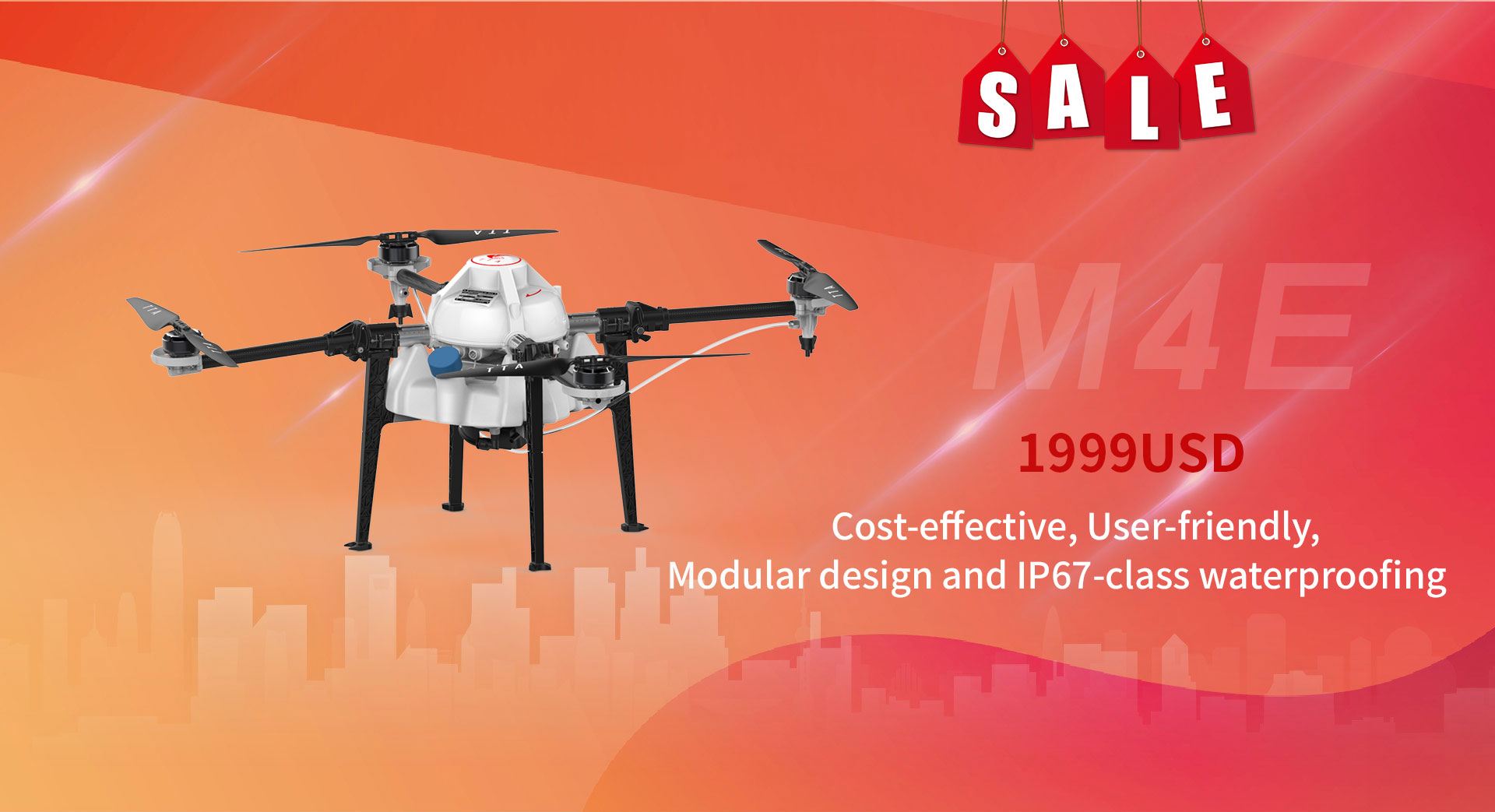

The pandemic, drought and other problems that marked the year 2020 have stimulated digital companies in the sector to identify less expensive and efficient solutions, including for the agricultural sector.
TTA Moldova, which came up with a unique solution for the local market – the treatment of agricultural and vegetable crops with the help of drones. The company was registered in March, but due to the pandemic began its activity in mid-August. However, he managed to carry out crop-specific treatments on an area of over a thousand hectares.
“Our mission is to promote and implement in Moldova the most modern technologies – unmanned aircraft (drones). At this stage, Moldova lags far behind in the use of UAV-related technologies, not only compared to countries in Asia, Europe or America, but even compared to its neighbors. The fields of application of UAVs in social and economic interests are very extensive and will continue to expand only “, mentioned the CEO of Moldova Drone company .
At the same time, the company carried out corn and sunflower treatments in Ukraine. They applied desiccants on an area of about 1000 hectares on the sunflower fields, one of the largest sunflower oil production companies in the world.
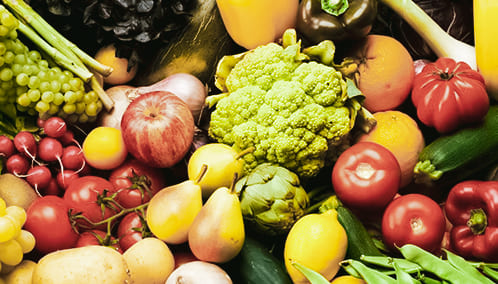
According to the local producers who used these services, the results obtained were good, so they will opt for such treatments in the next season.
“It is a new tool for our farmers. I was the first to use the drone to apply trace elements to vegetables. The watermelon plants were already large, and when applying the fertilizers with the help of traditional machines, losses would have been produced by destroying the plants when the machines moved. I am satisfied and I have decided that I will use these services in the next season as well “, one farmer told us.
“We applied desiccants on an area of 70 hectares cultivated with sunflower. The result was very good. I think that if I didn’t do the treatment, the flower was still green. I am very satisfied with the result, I managed not only to reduce expenses, but also to avoid the traditional losses that occurred when passing the machines. It is a new method for Moldova, but very efficient “.
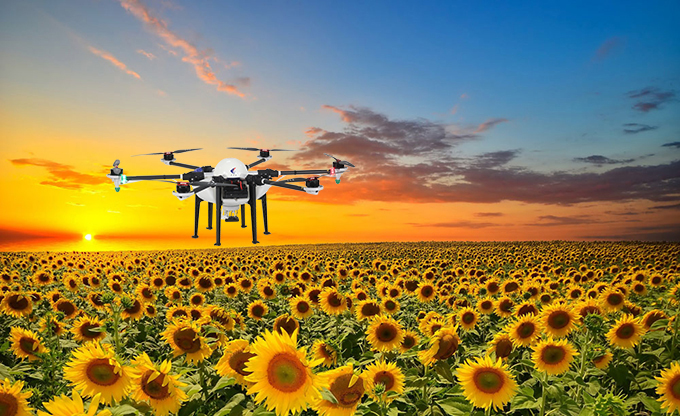
What other works would drones be effective for?
In the first stage, the company aims to develop the digital agriculture sector using drones:
Our ambitious plans for the future:
For the next period, it has set several ambitious goals:
Providing specialized services in various fields, as separate areas of company development.
“By our example, we will popularize and expand the use of drones in Moldova.”
We are the first company in the Republic of Moldova to receive authorization for flights for agricultural purposes from the Civil Aviation Authority.
“In order to obtain the expected economic effect earlier, we decided to start our activity by providing spray services with the help of drones. After analyzing the market, we chose to cooperate with a Chinese company – TTAviation ”.
Beijing TT Aviation Technology Co.Ltd (TTA) -is a specialized company that offers an industrial chain and solutions for drones that provide crop protection, mapping, fire fighting, but also provide training, etc. The company combines research and development, production, testing and training to provide professional solutions, services and training for UAVs and is present in over 50 countries around the world. About 85% of drone pilots in China are trained at TTA training centers.
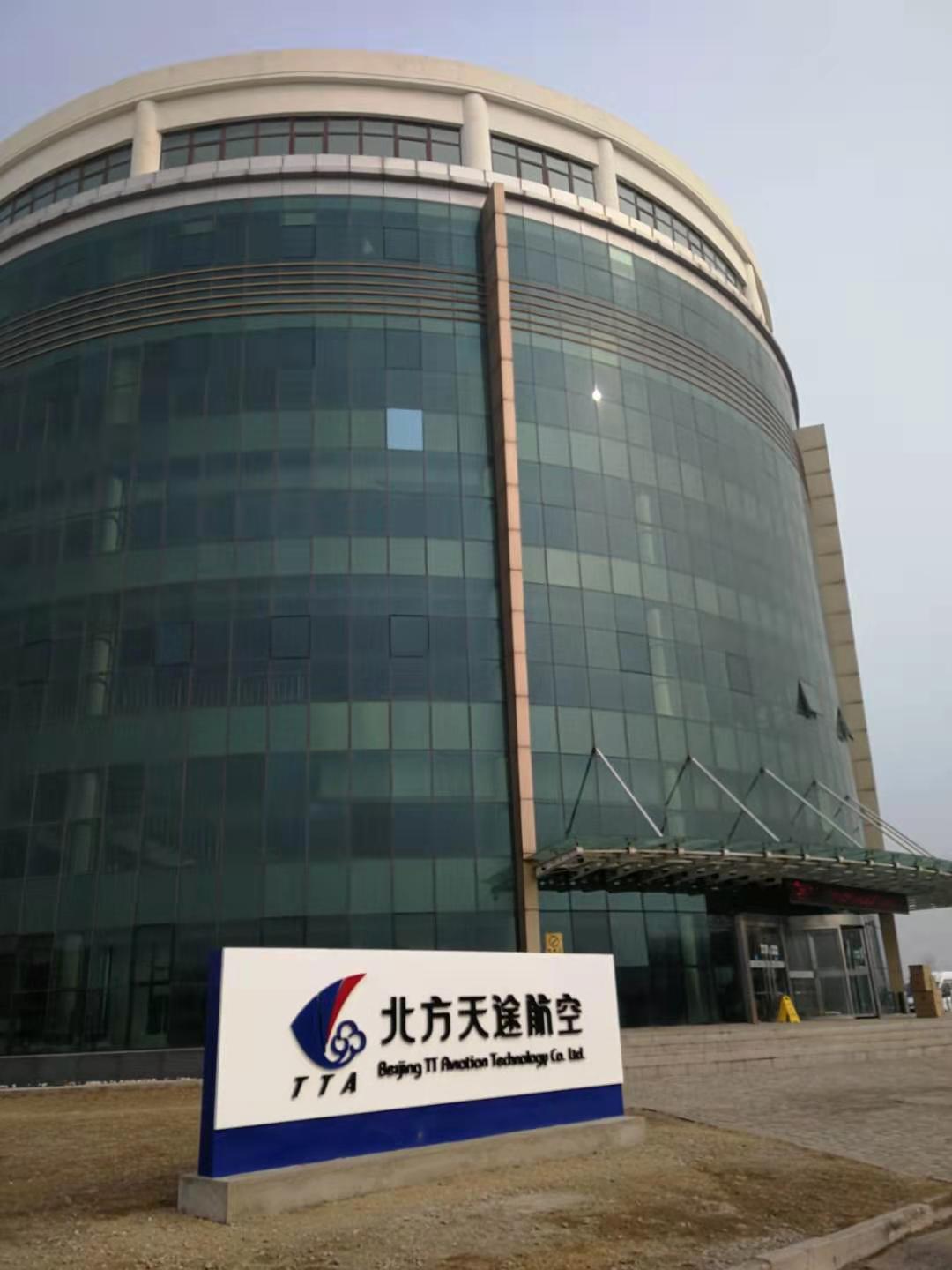
“The company’s employees were trained online at TTA, but also did internships in Ukraine, which provides spraying services. Thus, today, the company has 5 certified pilots “.
We have 6 M6E drones produced by the TTA company that reach a mass of 25 kg together with the working solution, providing treatments on an area of up to 4-8 hectares per hour or 300 hectares per day with the help of the 6 drones .
The spraying of the products is performed efficiently due to the ultra low volume spraying technology.
The use of drones for ultra-low volume spraying has a number of advantages over traditional methods, such as:
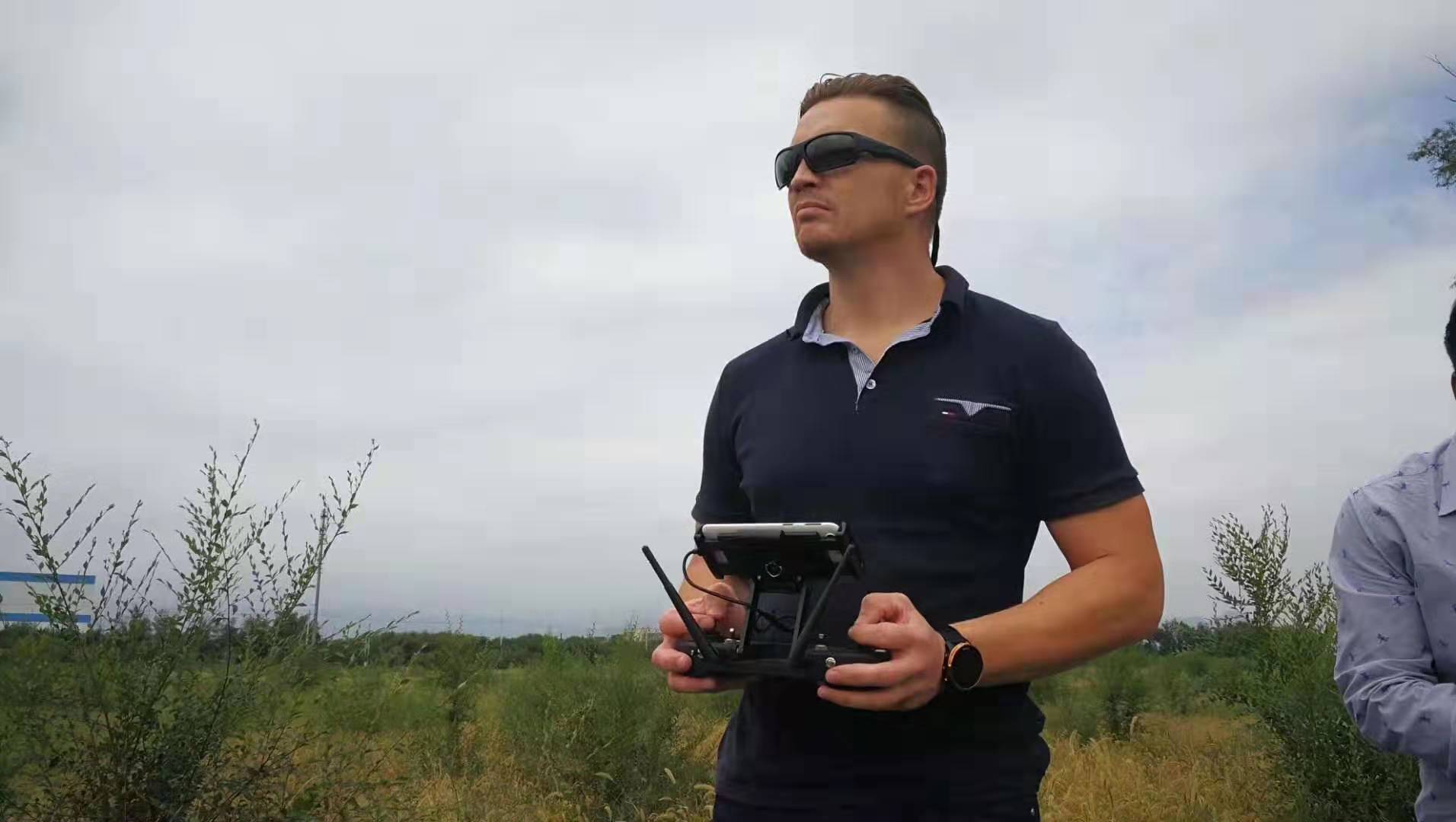
In addition to the above advantages, economic efficiency is important. The cost of the one-hectare spray service with the help of drones is not more expensive than the usual treatments, and even has several advantages that make the use of drones very advantageous in this respect from an economic point of view:
Compared to local market prices for chemical treatment with airplanes, helicopters, drone services are much cheaper.
Our solutions:
Effective for the following crops:
For more details, please email us via: lan.li@ttaviation.com.